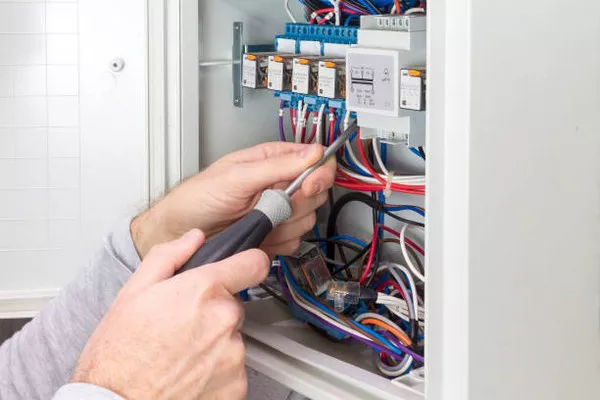Electrical transformers play a pivotal role in the seamless functioning of our modern power systems, facilitating the efficient transmission and distribution of electrical energy. These devices are indispensable components that enable voltage regulation, power conversion, and overall system reliability. In this article, we delve into the multifaceted uses of electrical transformers, exploring their significance in diverse applications across industries.
Understanding Electrical Transformers
At its core, an electrical transformer is a static device designed to transfer electrical energy between two or more circuits through electromagnetic induction. This transformation is achieved by varying the magnetic field within the transformer, which induces a corresponding voltage across its secondary winding. Transformers operate on the fundamental principles of Faraday’s law of electromagnetic induction, allowing for the manipulation of voltage levels while preserving the frequency of the electrical signal.
Power Transmission and Distribution
One of the primary applications of electrical transformers is in the transmission and distribution of electrical power across vast networks. Power generated at electrical plants is typically produced at high voltage levels for efficient transmission over long distances. However, for safe and practical use in homes and businesses, this voltage must be reduced through transformers located at substations before reaching end-users. Conversely, transformers also step up the voltage at the source for long-distance transmission, reducing energy loss over the power lines.
Industrial Applications
The industrial sector heavily relies on electrical transformers for a variety of applications. Manufacturing processes often require specialized equipment with distinct voltage requirements, and transformers enable the seamless integration of such machinery into existing power systems. Additionally, transformers play a critical role in powering industrial lighting, heating, and other essential processes, contributing to the overall efficiency of manufacturing operations.
Renewable Energy Integration
The growing emphasis on renewable energy sources, such as wind and solar power, has heightened the importance of electrical transformers in the modern energy landscape. Power generated from renewable sources is often inconsistent, and its voltage may not match the requirements of the existing power grid. Transformers are instrumental in adapting the voltage levels to ensure the smooth integration of renewable energy into the electrical grid, promoting a sustainable and resilient power infrastructure.
Commercial and Residential Applications
Transformers are ubiquitous in commercial and residential settings, serving various purposes that enhance our daily lives. In commercial buildings, they facilitate the operation of diverse electrical equipment, from elevators to HVAC systems, by ensuring that the supplied voltage meets specific requirements. In residential areas, transformers are integral components of the electrical distribution system, delivering the appropriate voltage to households for lighting, appliances, and other electrical devices.
Voltage Regulation
Maintaining a stable voltage is crucial for the proper functioning of electrical devices and machinery. Transformers with voltage regulation capabilities help stabilize voltage levels, mitigating the impact of fluctuations in the power supply. This is particularly important in sensitive electronic equipment and systems that require a consistent and reliable power source to prevent damage or malfunction.
Isolation Transformers for Safety
Isolation transformers are designed to provide electrical isolation between the primary and secondary windings. These transformers are commonly used in situations where safety is paramount, such as in medical equipment and sensitive electronic devices. By isolating the circuits, these transformers prevent the transmission of potentially harmful electrical currents, reducing the risk of electric shock and protecting both equipment and individuals.
See Also: What Is A Plug In Class 2 Transformer Used For?
Conclusion
In conclusion, electrical transformers are indispensable components that underpin the functionality and reliability of modern power systems. From power transmission and distribution to industrial applications, renewable energy integration, and everyday residential use, transformers play a diverse and crucial role in meeting the electrical needs of society. As technology continues to advance and the demand for electricity grows, the versatility and vitality of electrical transformers will remain central to the evolution and sustainability of our power infrastructure.

